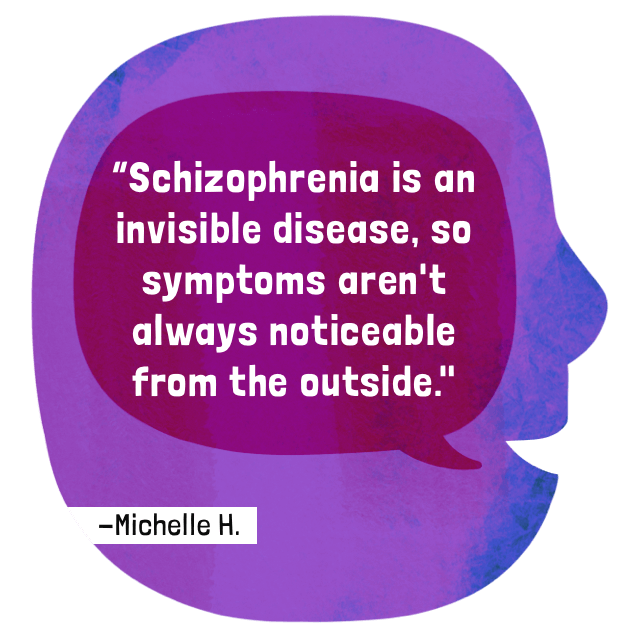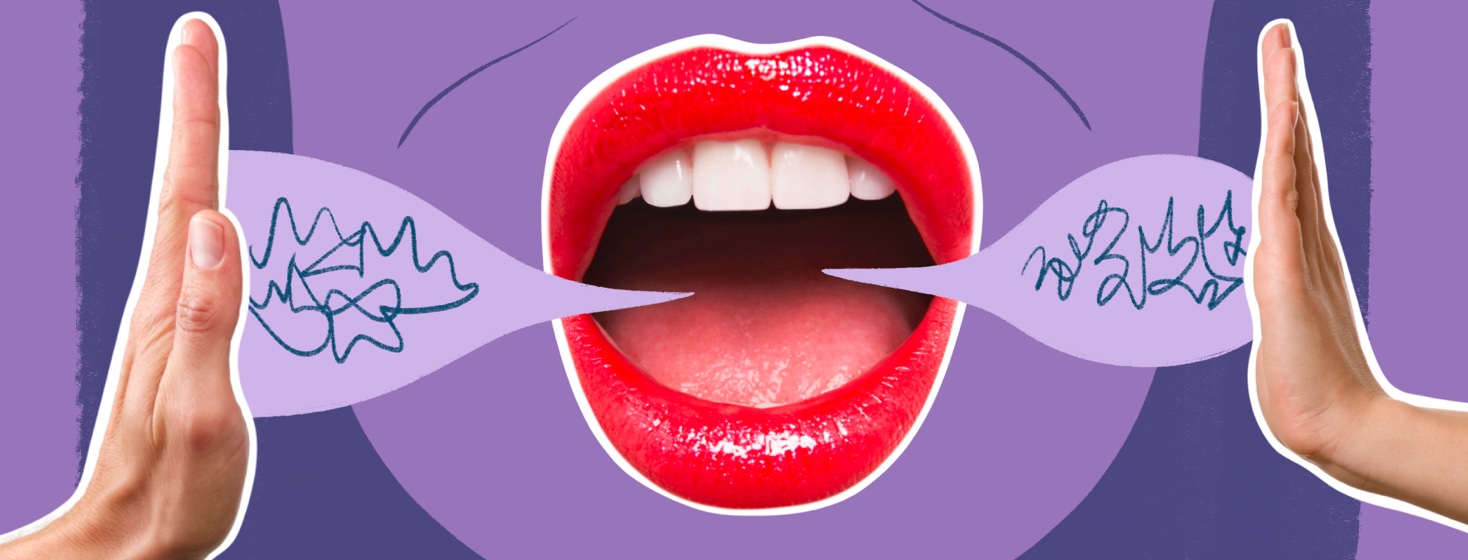10 Phrases You Should Never Say to a Person With Schizophrenia
Navigating life with schizophrenia can be difficult and is often made worse by well-meaning but frustrating advice from others. From oversimplifications to unsolicited suggestions, it's not uncommon for these interactions to leave individuals feeling misunderstood and isolated. This article describes how frustrating it can be to receive unhelpful advice for schizophrenia.
Things not to say to someone with schizophrenia
Here are some things you should never say to a person with schizophrenia.
1. "You're paranoid"
Using judgmental language can make a person feel isolated and less likely to seek help. It is important to use respectful language and avoid derogatory language.
2. "Just snap out of it
Or "get over it"... Schizophrenia is a complex disorder that cannot be overcome through sheer force of will. Statements like this can make you feel guilty or embarrassed about symptoms you can't control.
3. "I don't believe you"
Doubt about their experience can really destroy trust and prevent someone from speaking up about their problems. It's important to listen with an open mind and offer support without judgment.
4. "I saw it on TV and it's just like that"
Media portrayals of schizophrenia are often sensationalized and inaccurate. Using television and movie depictions as a reference point can lead to misconceptions and stereotypes about schizophrenia.
5. "You don't look sick"

Please avoid making assumptions based on appearances and instead focus on providing support based on their experience and needs.
6. "You'll never be able to live a normal life"
Schizophrenia can cause significant difficulties, but with the right support and treatment, many people with the disease can lead fulfilling and meaningful lives. Encourage them to focus on their strengths and goals rather than their limitations. Don't let the stigma from society make you think you can't live your dreams.
7. "Why don't you just stop hearing voices?"
Hearing voices is a common symptom of schizophrenia, and it cannot be stopped intentionally. It is important to recognize that the voices are a symptom of the illness and require professional treatment.
8. "You should try to ignore the hallucinations"
Hallucinations can be distressing and overwhelming, so telling someone to ignore them will simplify the experience. Encourage the person to talk to a mental health professional about the hallucinations and discuss coping and treatment options.
9. "You brought this on yourself"
Blaming someone affected by schizophrenia is not only insensitive, it's wrong. Schizophrenia is a complex disease that involves multiple factors in its development, and no one person should be held responsible for the disease.
10. "You must be dangerous"
People with schizophrenia are no more likely to commit violence than the general population. Assumptions about their behavior based on stereotypes only perpetuate prejudice and discrimination.
A willingness to listen and learn
Overall, people give advice with good intentions, but it's important to approach the situation with empathy, humility, and a willingness to listen and learn from a personal perspective. Validating their experiences, offering support, and respecting their autonomy in managing their illness goes a long way to fostering a supportive and understanding relationship.

